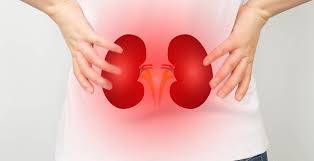Malaria is a major health issue in Ghana, with approximately 10 million cases reported annually, leading to thousands of deaths, especially among children under the age of five. The good news is that malaria is a preventable and treatable disease, and with the right strategies, it is possible to eliminate it in Ghana. In this post, we will discuss some ways to zero down malaria in Ghana.
- Use of Insecticide-Treated Nets (ITNs) One of the most effective ways to prevent malaria is by using insecticide-treated nets (ITNs). ITNs are treated with insecticides that repel or kill mosquitoes that carry the malaria parasite. Ghana has made significant progress in distributing ITNs to its citizens, but there is still room for improvement. The government and other organizations can focus on increasing the availability and accessibility of ITNs to people living in high-risk areas.
- Indoor Residual Spraying (IRS) Indoor residual spraying (IRS) is another effective method of controlling malaria. This involves spraying insecticides on the walls and ceilings of homes to kill mosquitoes that come into contact with the treated surfaces. The government of Ghana can work to increase the use of IRS in high-risk areas.
- Education and Awareness Education and awareness campaigns are crucial in preventing and controlling malaria. People need to understand the causes, symptoms, and methods of prevention and treatment of malaria. The government and other organizations can invest in health education programs that target communities at risk of malaria.
- Improved Healthcare Access to quality healthcare is essential for the prevention and treatment of malaria. The government of Ghana can work towards improving healthcare infrastructure, providing healthcare professionals with necessary training, and ensuring that essential malaria medications and supplies are readily available.
- Research and Development Research and development in malaria prevention and treatment can help improve the effectiveness of existing interventions and develop new strategies for controlling the disease. The government of Ghana can invest in research and development, as well as collaborate with international organizations and researchers to develop innovative solutions for controlling malaria.
In conclusion, the zeroing down of malaria in Ghana will require a concerted effort from the government, healthcare professionals, and the public. By increasing the use of ITNs and IRS, improving healthcare, and investing in education and awareness, Ghana can significantly reduce the number of malaria cases and ultimately eliminate the disease.































